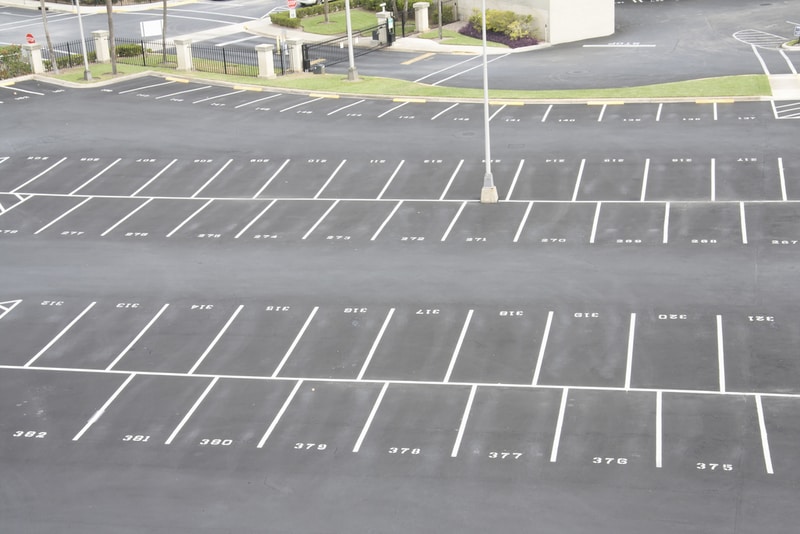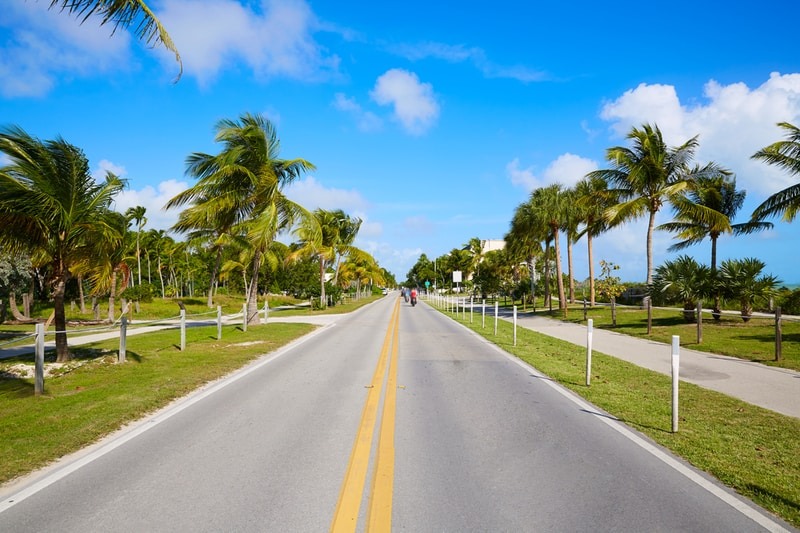Accidents and other injuries can occur anywhere, but there are specific hazards and legal issues relating to parking lot injuries that can mean you’re eligible for compensation if you get hurt. The incident might involve a simple trip or slip, but you can also seek compensation if you’re injured in an assault.
Duty of Care
The entity that owns or operates the parking lot typically has a duty of care towards those who use it, as long as they are doing so safely and legally. If a person is trespassing, behaving in an unsafe manner, or in the process of committing a crime when they’re injured, there may still be some duty of care, but this is significantly reduced.
Generally speaking, the entity responsible for the parking lot must keep it properly maintained. This includes ensuring that surfaces are level, hazards are marked or removed, and illumination is sufficient. In some cases, providing security might fall under the duty of care.
Slip, Trip, or Falling Injuries
Slipping or tripping is a very common cause of injury. Sometimes the injury is minor, such as a strain or sprain. Often, though, the results can be severe. Broken bones, lacerations, torn muscles, and head injuries are all possible. There is no fault involved in some cases — it’s merely bad luck on the part of the injured person. If the parking lot was poorly maintained or improperly lit, however, the entity responsible for the parking lot may be on the line to pay compensation.
Slip hazards include oil, water, or other slippery fluids. If there’s a leaking pipe or drain, for instance, and someone slips in the resulting pools of water, this might be grounds for a lawsuit.
Potholes, broken concrete, and cracked or crumbling surfaces are all examples of trip hazards that might give grounds for a lawsuit. If items that could cause someone to trip or suffer some other injury are left out in the parking lot, this could also be the basis for a compensation claim. Trailing hoses or cables are other examples of trip hazards.
Steps and uneven ground need to be clearly marked to avoid trips and falls. If the person or company responsible for the parking lot fails to do this, they might be liable for compensation if someone is injured.
Illumination
Because hazards are harder to spot in the dark, there may be a responsibility to provide proper illumination during dark hours. Assaults and robberies are also more common in poorly lit locations, as are accidents involving pedestrians. This means that you might have a case if you fall or are assaulted in a darkened parking lot, even if no other hazards are present.
Problems
One problem with injuries in parking lots is that there may be a lack of witnesses or evidence. This can make pursuing a claim for damages complicated. If witnesses are present, things are more manageable. You may also be able to use security footage of the parking lot to help support your claim.
You might also encounter problems in identifying the entity that is responsible for the parking lot. Sometimes this will be the company or individual who directly owns the lot. It might also be the business that the lot serves or someone else who rents the lot.
Personal injury lawsuits can be very complicated, especially if several different factors are in play. It’s important to seek representation from an experienced and knowledgeable personal injury attorney. Contact the Graves Thomas Rotunda Injury Law Group today for a consultation.


